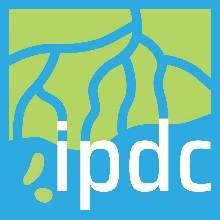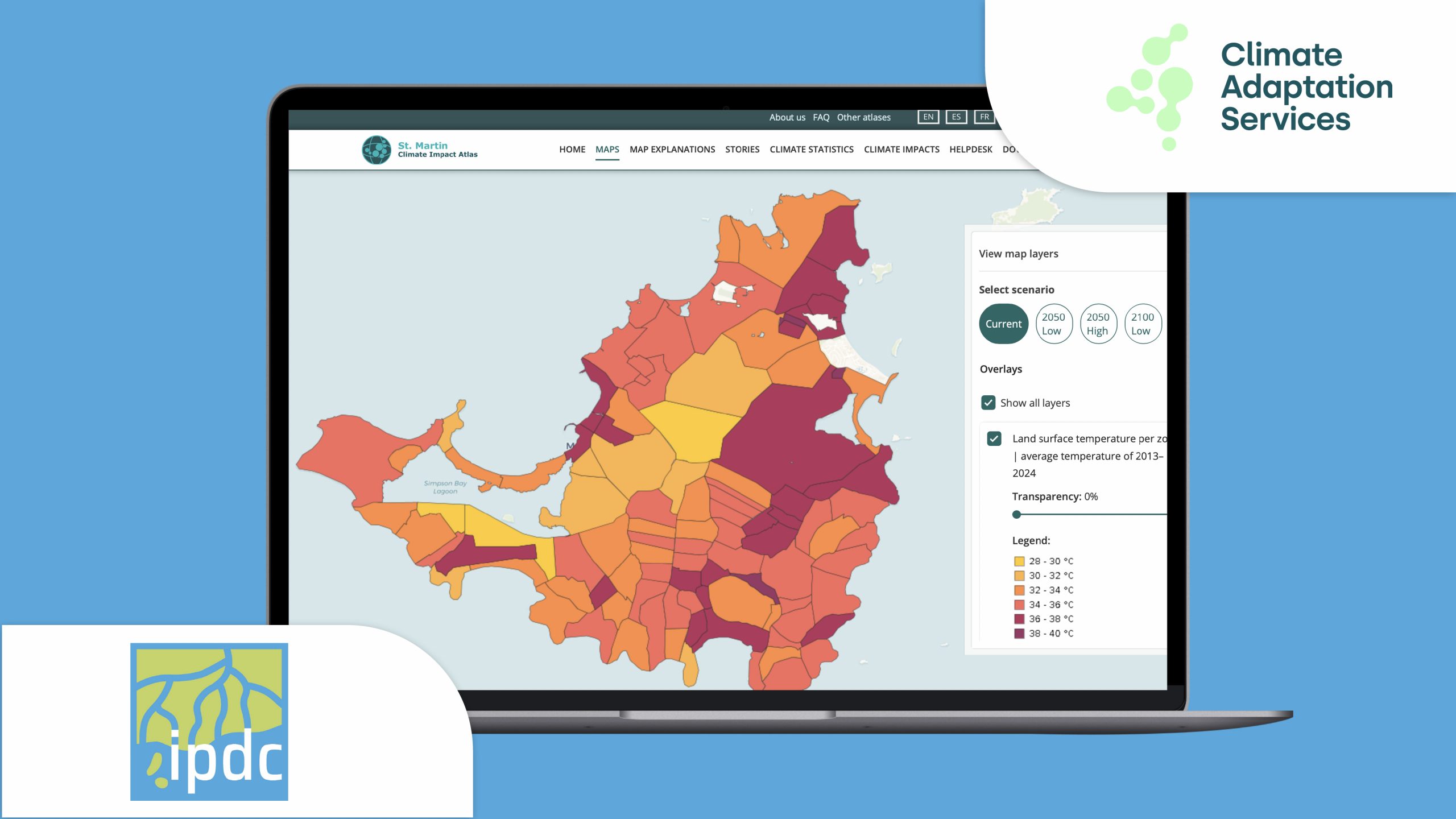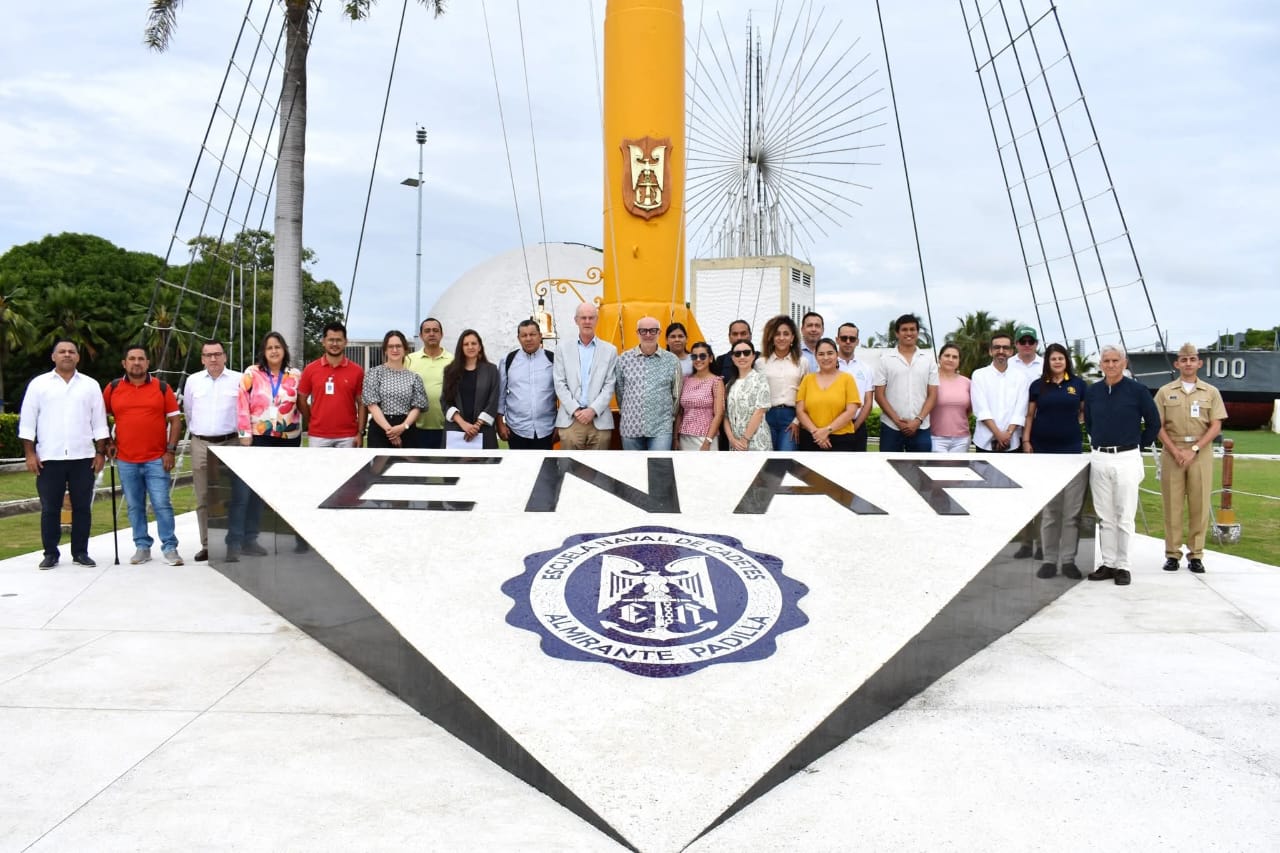Can knowledge exchange and climate action truly make a difference if participation from across the whole of society is not factored in? How can local voices be accurately reflected, and how can they be made to be a valuable part of the process? These questions were central to a recent discussion hosted by the IPDC with key stakeholders from across the Dutch Caribbean.
To truly gain an accurate picture of the challenges faced by communities, it is important that diverse stakeholders from across the board are consulted and engaged. This ensures accountability and legitimacy; it also builds local support which means projects are more likely to succeed.
Fatigue and disillusionment
Feedback during the session showed that this is not always the case. Communities often supply information – sometimes over and over again – but often they receive little to no feedback. What happens to the painstakingly gathered and well-considered input given by those at the heart of a community?
Experiences show that an effective communication loop – in which feedback is given, received, and acted on – is often lacking. This leads to a sense of fatigue, and a feeling of not being seen or heard: especially amongst elders and community members. In turn, this creates a feeling of under-recognition, which can lead to disillusionment.
These feelings can be exacerbated in small communities, such as in the Dutch Caribbean, where the pools of local experts and stakeholders is already considerably limited. Furthermore, political transitions – in which new forms of (local) government can sometimes start processes from scratch – further threaten the continuity of political commitment.
Communication, engagement, and diversity
These processes at times also suffer from an over-reliance on engineering-driven, technocratic approaches. Such an over-reliance, coupled with the previously discussed limitations, means that the same process (and by extension, the same limitations) is run through time and again, without looking to external, diverse experiences. Such an approach does not only limit participation; a lack of diversity also limits the adaptation solutions as alternatives may not be offered or considered.
By actively communicating and engaging with stakeholders on how their ideas and feedback are taken, a sense of trust and ownership is created. This will make solutions far more accepted within the wider community, and therefore increase the likelihood of their success.
Such examples are already visible across the Dutch Caribbean; festivals, poetry, and film nights have previously been organised to engage the community. Another example is KlimaKòrsou: a climate impact atlas that centralises existing and available knowledge. This ensures that governments and decision-makers, and communities and residents gain perspective and understanding of the effects of climate change specific to their region.
Recommendations
There are clear advantages to creatively engaging local communities, integrating cultures, values, and learning games to exchange insights and build awareness. Following the discussion with key stakeholders, several key recommendations have been drafted to share with the wider IPDC community. These include:
- Recognizing the vulnerability in which people live, beyond academic or policy framings. Continued engagement – including through clear communication – can help address this vulnerability and increase participation.
- The acknowledgement of relationships in maintaining and nurturing the relationships with stakeholders. This includes creating space in consultation processes for people to express their concerns and emotions.
- Short-term project tunnel vision often posits experts as teachers with readily available solutions to offer within specific timeframes. This way of organising projects influence sincere interests of experts and joint learning.
- Incentives for participants, who often dedicate time without compensation, should be a precondition in project budgets.
- Challenging the status quo requires a call for a more human-centred approach in policymaking that addresses the broader impacts on communities.



